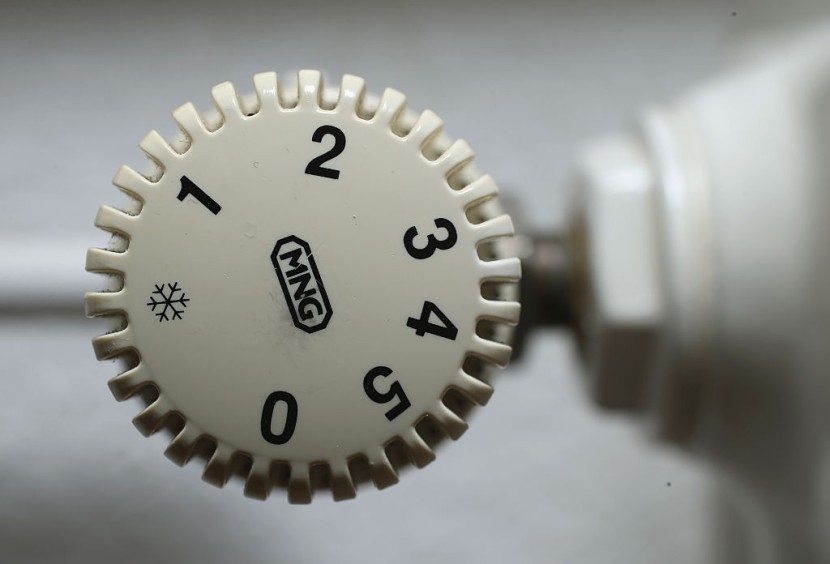
Europe is in a pinch as the energy crunch driven by the Russian-Ukraine war has led to the implosion of the bloc's energy security. The euro-sphere is instructed to set thermostats and boilers at low because of less Russian gas, said a report.
Energy Cut Threatens the EU
Europe is mandated that all measures lessen the impact of less gas available; to manage a meager supply before getting no gas at all, reported Euronews.
Based on the International Energy Agency (IEA), the EU confronts "unparalleled dangers" of supply disruptions this winter after Moscow trimmed most pipeline deliveries due to its dispute in Ukraine, noted AP News.
The Paris-based group said property owners must turn down heating systems in emergency power measures to help decrease Europe's gas consumption by 13% to prepare for a total gas break.
Based on the IEA's input in its quarterly gas report published on Monday, a total shutdown of Russian pipeline gas to the European Union cannot be ruled out before the 2022/23 heating season, when the European gas market would be most vulnerable.
IEA said that Europe should concentrate on getting underground reserve levels to 90% of volume, in particular in the instance of such a complete Russian stockpile shut-off to a really bad energy crunch. This same EU's storage capacity is presently at around 88%, far exceeding its objective of 80%, citing Global News Daily.
It also alerted the EU that it must guarantee that its reserves do not decline below 33% in winter to have sufficient power in the event of an unexpected cold spell brought on by the Russian-Ukraine war.
Europeans Prepare for Total Energy Cut
As stated by the IEA, domestic energy-saving initiatives like turning down heating systems by 1°C and reducing boiler temps might significantly bolster Europe's gas storage thresholds.
The group said these initiatives must be aligned with efforts to cut gas consumption in the EU's power industry and building structures.
Moreover, the agency added, the working storage capability at a minimal level would be extremely important for a safe and secure winter at 33%.
Furthermore, storage levels just below that threshold may not be sufficient to deal with a cold spell, typically at the end of the heating season, similar to the one Europe faced in March 2018.
Interruptions in the supply from Russian pipelines
Only a small amount of Russian gas is being transported across the Black Sea from Turkey to Bulgaria and from Ukraine to Slovakia via pipelines. Two other routes have been blocked, one through Belarus and Poland and the other underneath the Baltic Sea to Germany.
European leaders conclude the reduction in Russian gas is extortion, aiming at coercing authorities over their endorsement of Kyiv and punitive measures against St. Petersburg.
The Nord Stream 1 pipeline, which carries gas from Russia to Europe, was shut down indefinitely when several leaks were discovered in the Baltic Sea.
According to the EU leadership, the Kremlin is to blame for the damage to Nord Stream 1 and 2. Moscow claims the US was acting in desperation due to failed sanctions.
Moscow has threatened to cut off the last of its natural gas supplies to Europe. Europe is in a lurch as the worst energy crunch caused by the Russian-Ukraine war, which was allowed to downgrade the fully independent bloc to scrounging for energy supplies, is denigrating.
© 2026 HNGN, All rights reserved. Do not reproduce without permission.








